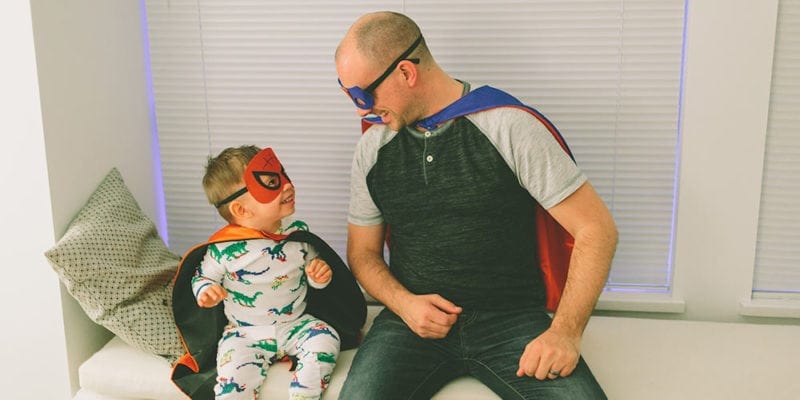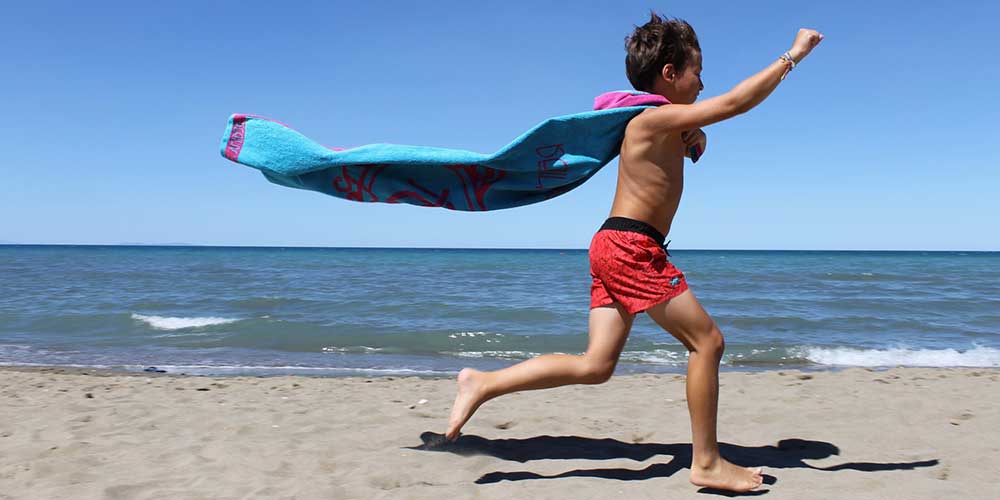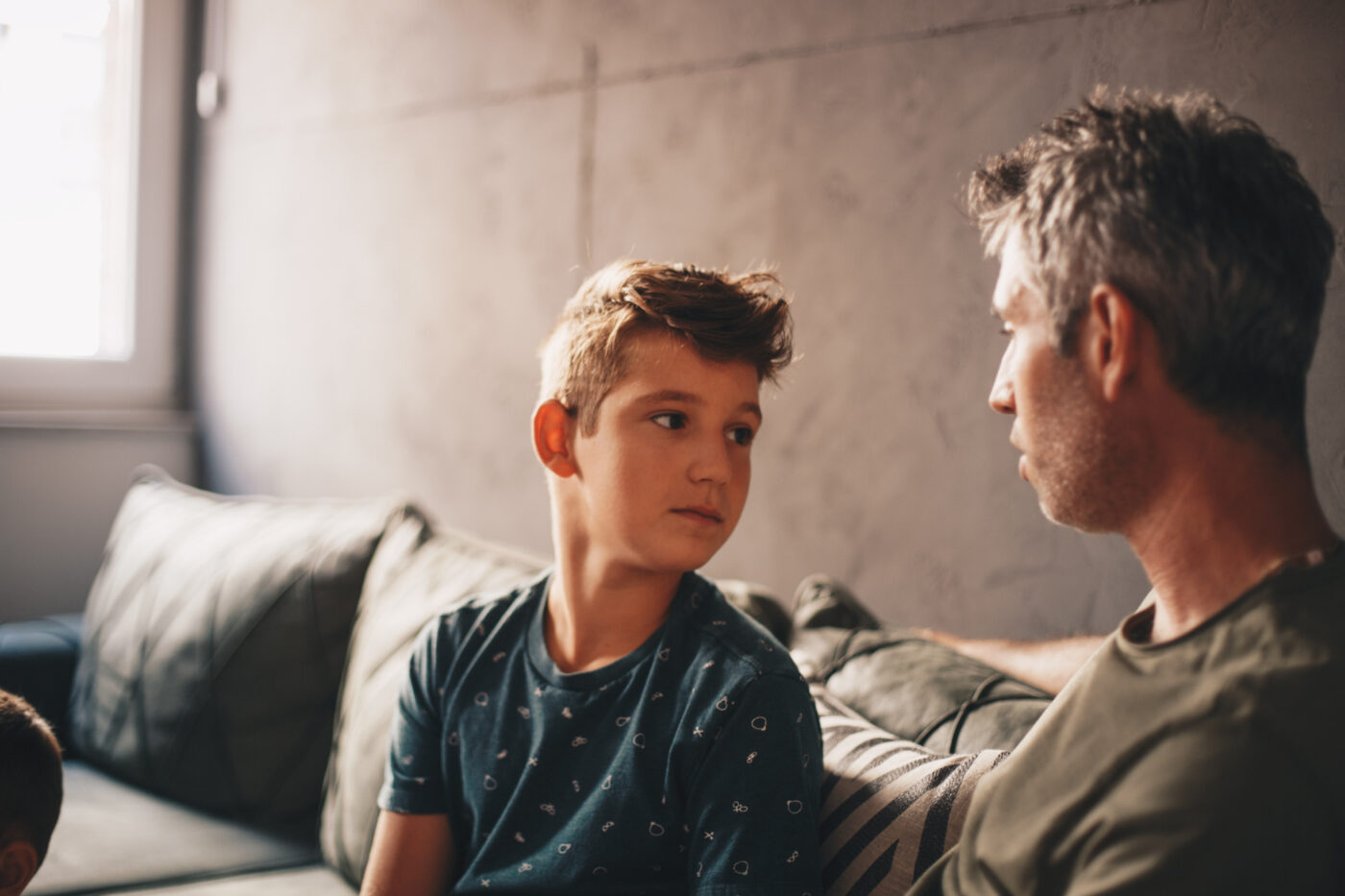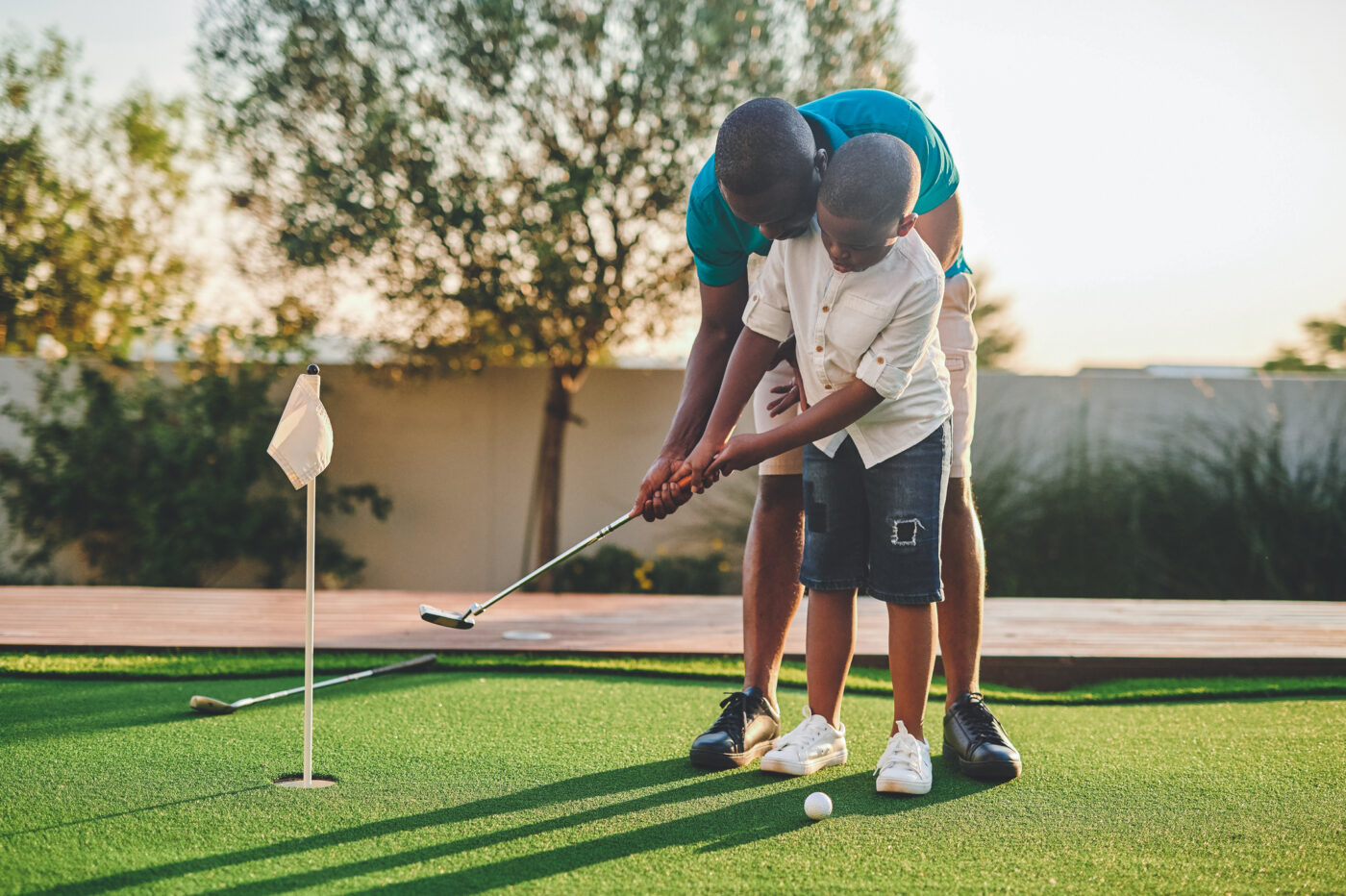One of the Japanese pilots who participated in the bombing of Pearl Harbor was asked what he remembered from that day. One of his clearest memories revolved around the bravery of a young Marine. As the Japanese pilot was laying down machine-gun fire on an airfield, he saw people scattering for cover, that is except for a lone Marine who stood his ground in the open, firing a small pistol back at the aircraft. The pilot couldn’t believe what he was seeing. Where did that Marine learn how to be brave?
A warrior who faces death on the battlefield and still marches forward, an athlete or musician who is able to perform in front of millions of people, a single guy who’s able to cross a room to start a conversation with a single woman he finds attractive—where do they find the bravery to do these things? What is that certain quality we want to instill in our children that will make them brave when others cower? We will break that down into these 7 ways to teach your children how to be brave.
1. Show them what bravery looks like.
If you want your children to be brave, then you have to be brave.If you want your children to be brave, then you have to be brave. Allow them to witness you stepping out of your comfort zones. If you are terrified of rollercoasters, face your fear with them and ride that monster at the park. Maybe you’re afraid dancing makes you look like an idiot. Take dance classes with your wife and prove yourself wrong. When your character is tested in front of your children, show them the strength you possess to do the right thing. We are tested in a vast variety of ways daily. Be your kids’ hero.
2. Challenge and praise them.
We naturally want to protect our children at all times. However, we also must challenge them constantly to try new things and to do things they might fear. Trying new food, speaking in front of the class, or playing a sport are some examples. When they step up and do these things, be sure to give ample praise and love. Build on their courageous attempts.
3. Invoke culture and heritage.
It is nearly impossible to complete a brave act without a reason for doing so. Our various cultures and rich heritage provide the foundation for what we believe. “Son, you are a Thompson and we have a long history of standing on the side of justice.” When we invoke family pride in that manner, we are invoking the heritage of our people and our nation. Teaching children their history and where they come from gives them the base they require to display courage.
4. Point out real-life role models.
When we think of heroes, we think of soldiers, firefighters, or police officers. They certainly all can provide many examples of courage and valor. Point that out to your kids. Go even further by giving them brave quotes from people, like this quote from John Wayne: “Courage is being scared to death and saddling up anyway.” Perhaps you have a whiteboard or chalkboard in your home. Displaying a weekly quote about courage is a great way to get kids’ minds thinking in the right direction.
5. Encourage them to reach out.
Young children are very accepting of almost anyone. Eventually, however, as is human nature, cliques will form and social groups will stick to the same patterns. People who are “different” often wind up left out. Brave kids, who become the types of adults we desperately need, will rise above peer pressure. They will reach out to that child who is sitting alone in the lunchroom. Encourage them to befriend the child who’s on the outside looking in.
6. Build confidence and conviction.
Build and nourish confidence in your children. Help them know their core identity is not in their performance, what others say about them, or the sum of their possessions. I believe their identity should be found in the fact that they were crafted with love by the hands of the Creator. When they know that, they are able to walk in confidence. That confidence will feed their courage to be themselves and take relational risks.
7. Roleplay.
Get creative. Come up with different scenarios involving potential acts of bravery and courage. Doing this will help your child learn the nuances of how to react and give them great experiences to draw upon when needed in real life. It also sounds like a whole lot of fun for the entire family.
Sound off: What is the bravest thing you have ever done?











Huddle up with your kids and tell them a story of a time when you were scared and powered through anyway.